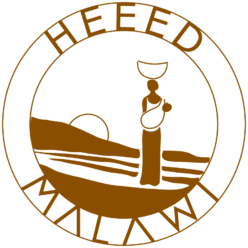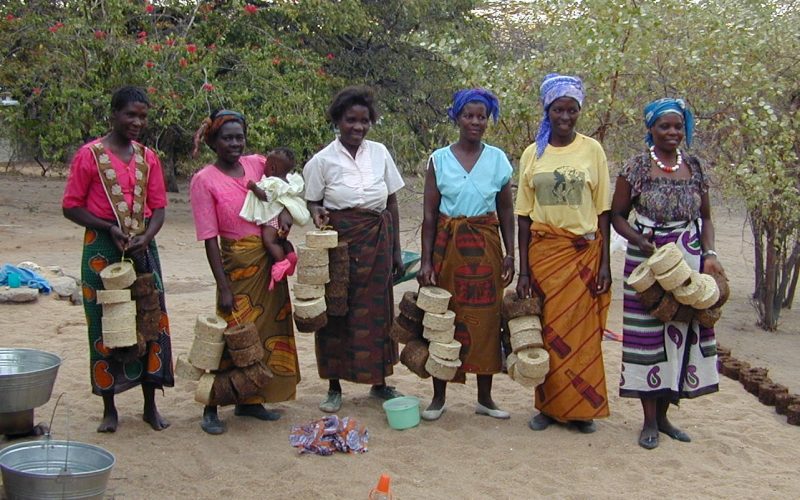
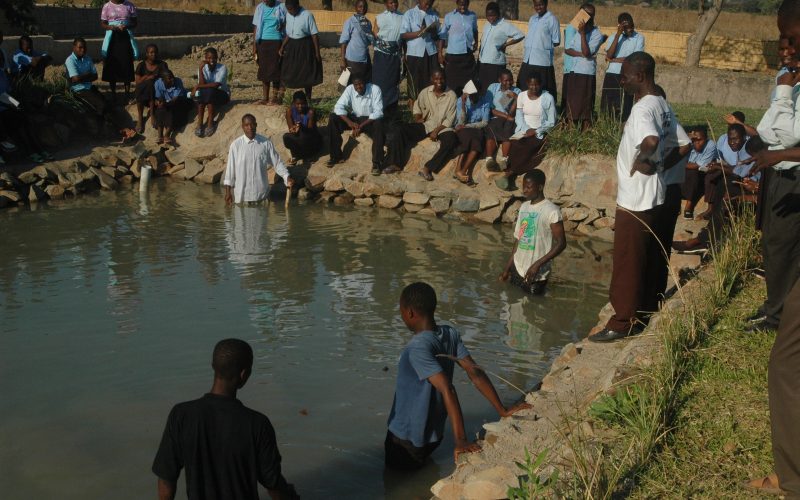
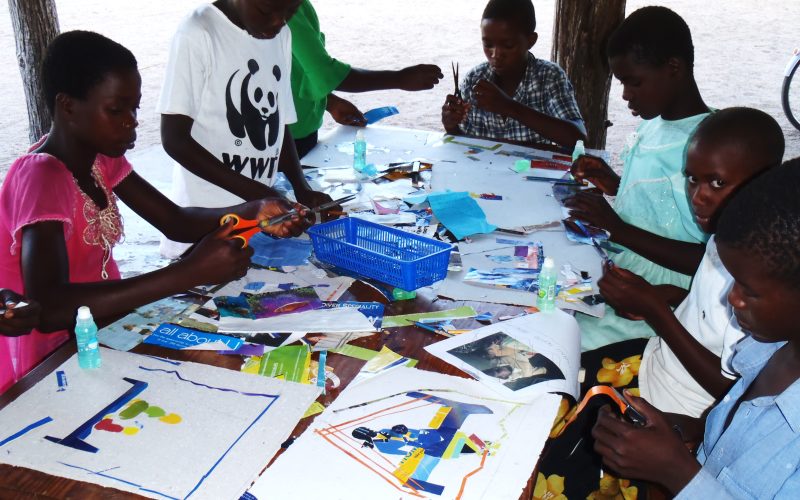
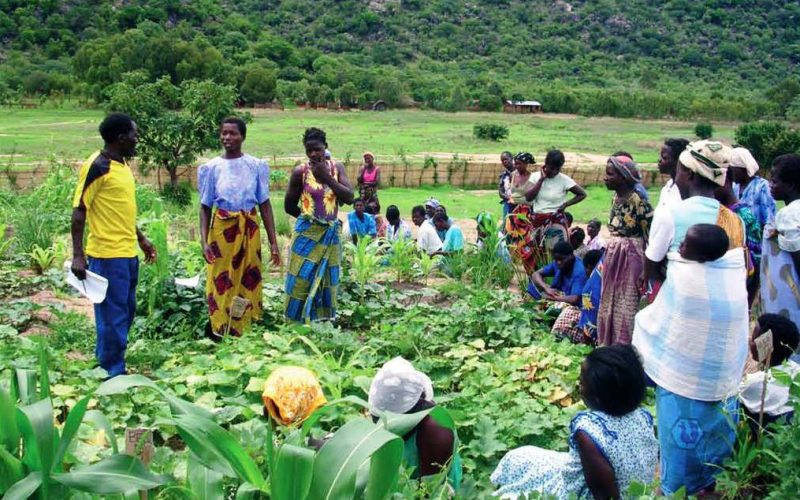
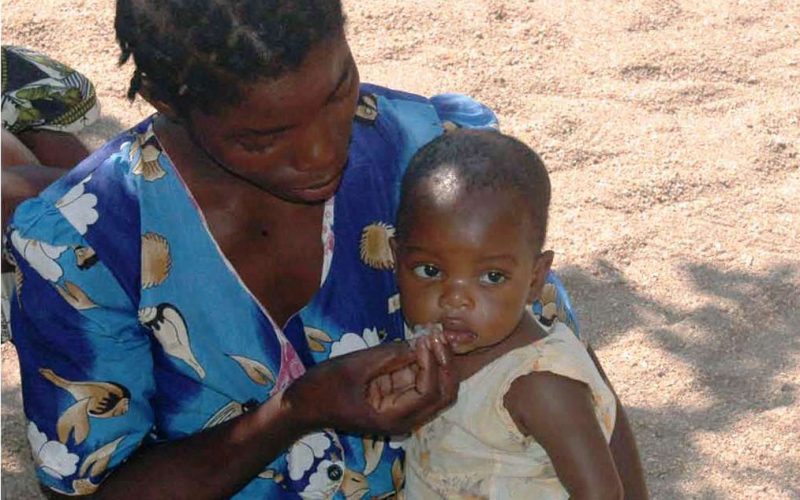
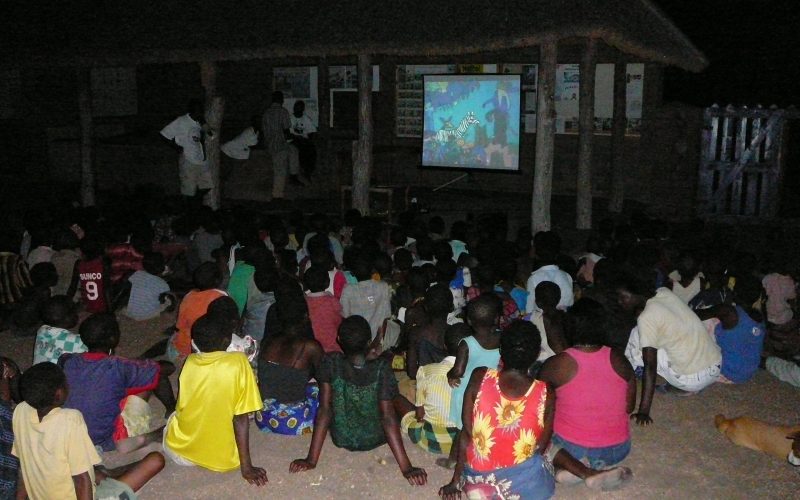
1. Create alternative economic opportunities for local villagers in a sustainable fashion by:
a) developing a fuel briquette business, using waste vegetation;
b) promoting young artists to draw and to produce a variety of hand-made paper and handicraft products that include cards, books, bottle-top baskets, glass tumblers. Creative recycling is the hallmark of this HEEED Handicrafts Shop, that also provides an income to HEEED;
c) fostering an ecotourism industry focused upon the underwater wildlife that is unique to the region;
d) developing a fish management programme that now includes an aquaculture and agriculture programme adjacent to Lake Malawi National Park (Panda Garden).
2. Develop an environmental education programme for the local community on the need to conserve, identify the flora and fauna of LMNP and understand the biology of their fishes by:
a) initiating a complete survey of the flora, fauna and fishes in LMNP and describing all presently scientifically unidentified species;
b) producing educational materials for both tourists and local communities, including posters and a guide book to the flora, fauna and fishes of LMNP;
c) organizing weekly after-dark evening shows at Panda Garden.
3. Foster tree-planting of species indigenous to LMNP – in community wood-lots, school-yards and house-holds.
4. Increase awareness of the bilharzia (schistosomiasis) disease, its connection with the snail-eating fishes and the need to conserve these biological control agents.
This research is carried out from Cape Maclear – together with an evaluation on the effectiveness of a 100 m no fishing zone in the waters of Lake Malawi National Park and in front of the villages of Nankumba Peninsula. It determines if snail-feeding fishes and other economically important fishes increase in numbers within these important breeding grounds.
5. Foster HIV/AIDS and nutrition awareness/training (particularly among children 6-12- years old)
through art, drama and the use of wildlife cartoon characters in an educational booklet entitled “The Hiding Hyena”.
6. Implement an Early Childhood Care Programme
Since May 2013, 19 children, between the ages of 2-6, receive a meal of fortified likunipala porridge on Saturdays and Sundays; they also receive basic English, singing and drawing lessons from 2 teachers
7. Develop co-operation between International and Malawi schools
connecting both teachers & students – to increase understanding of the different cultures and motivate Malawian students to take care of the environment in different ways. Children are the future stewards and need to be trained to observe their natural surroundings, understand their relationship with their environment and enable them from an early age to take care of a garden in their primary schools/homes.
Through this training, children are made aware of the Web of Life, the need for growing healthy food and how we all depend on our precious natural resources. Children will also understand why the conservation of Malawi’s National Parks is important for their future well-being. Children will also learn to understand the main concepts behind the Malawi National Anthem – in particular the need to “eliminate poverty, disease and envy”. This needs to be addressed at all educational levels.
